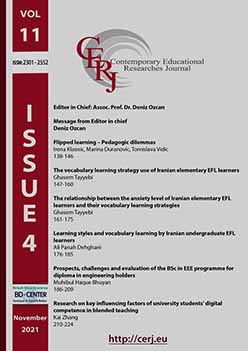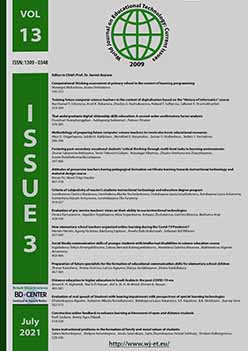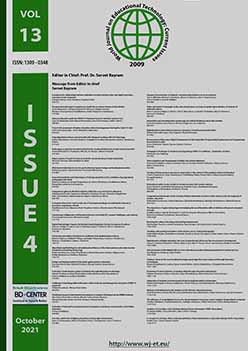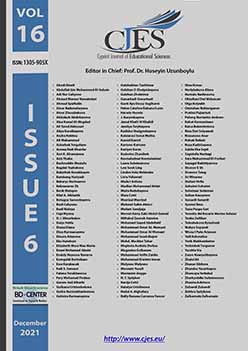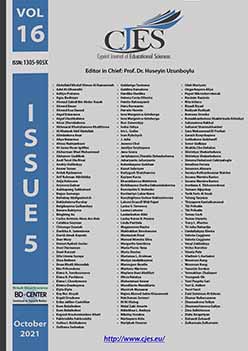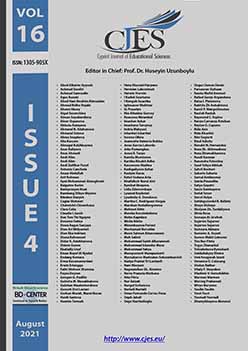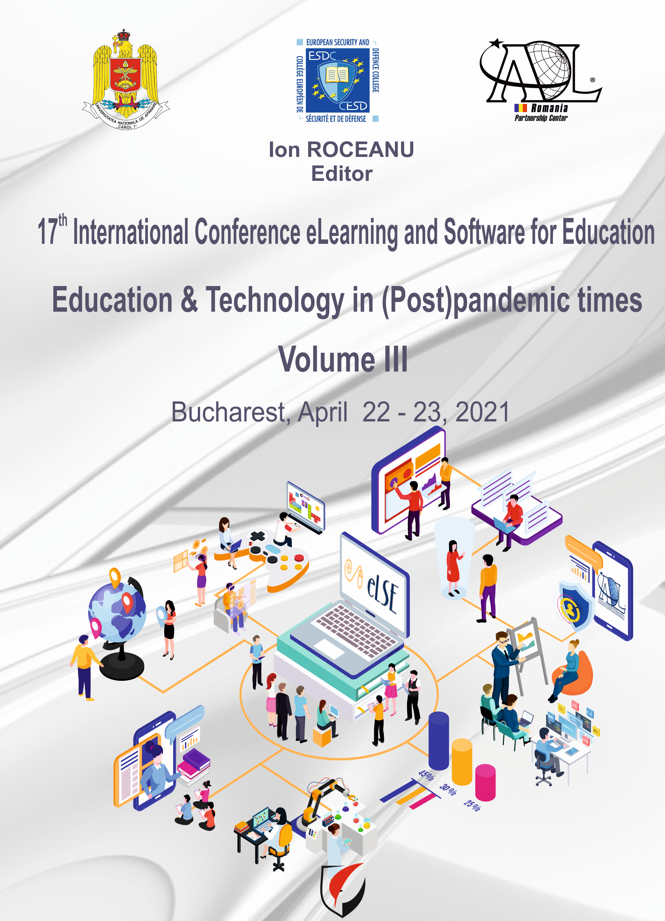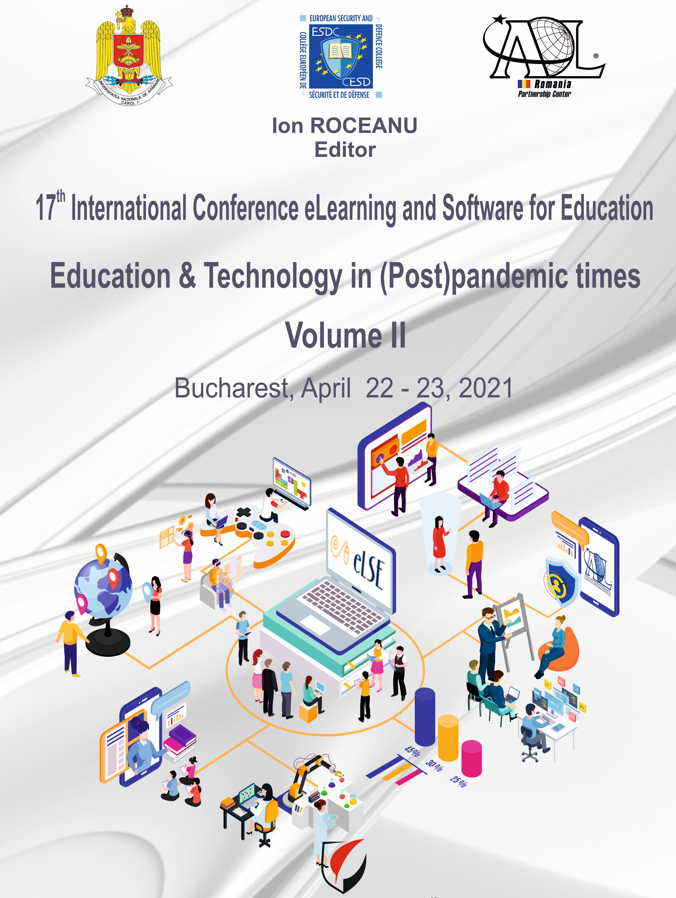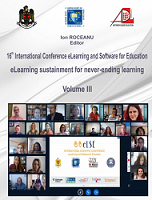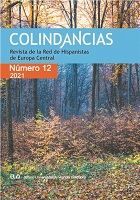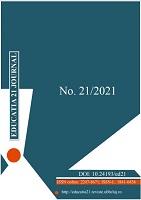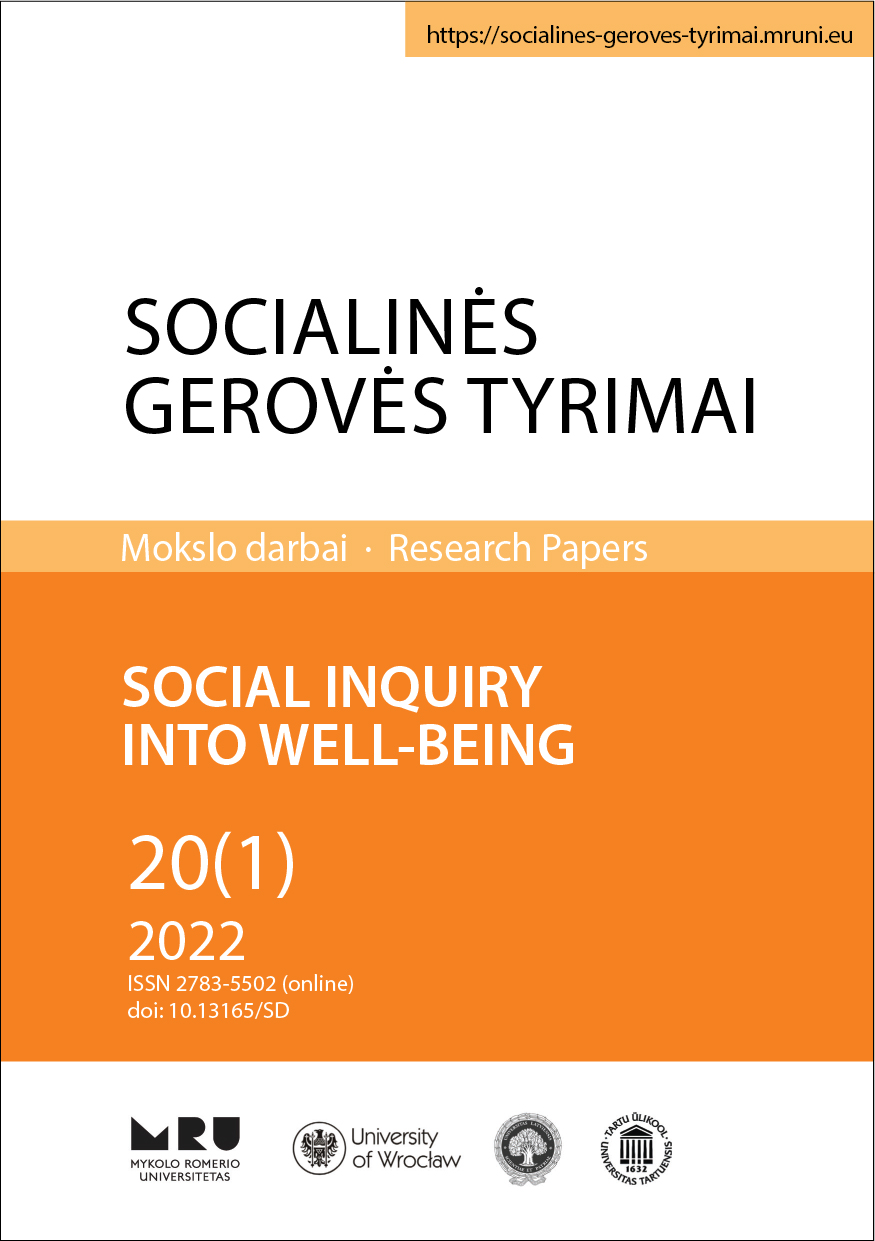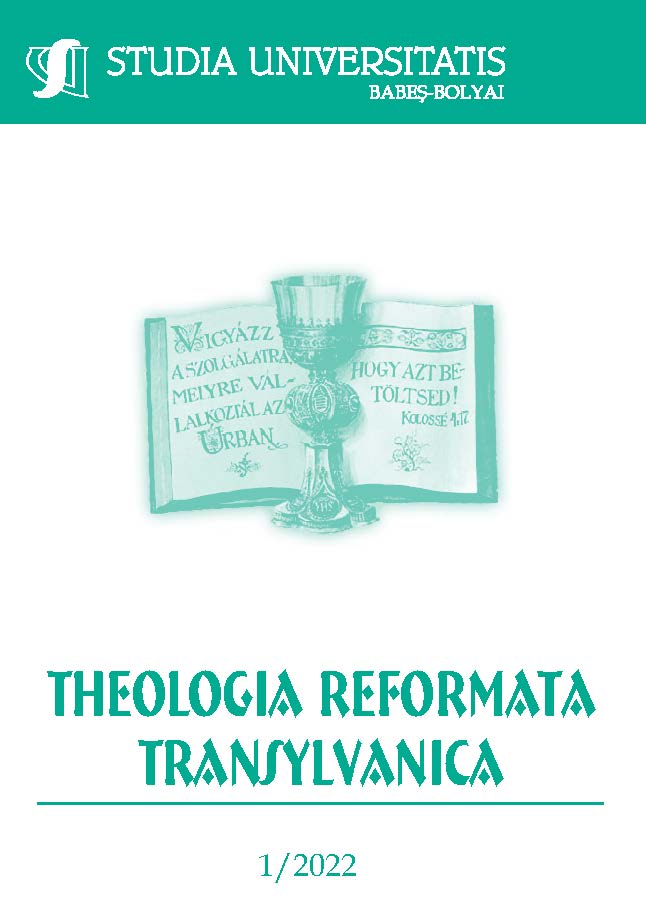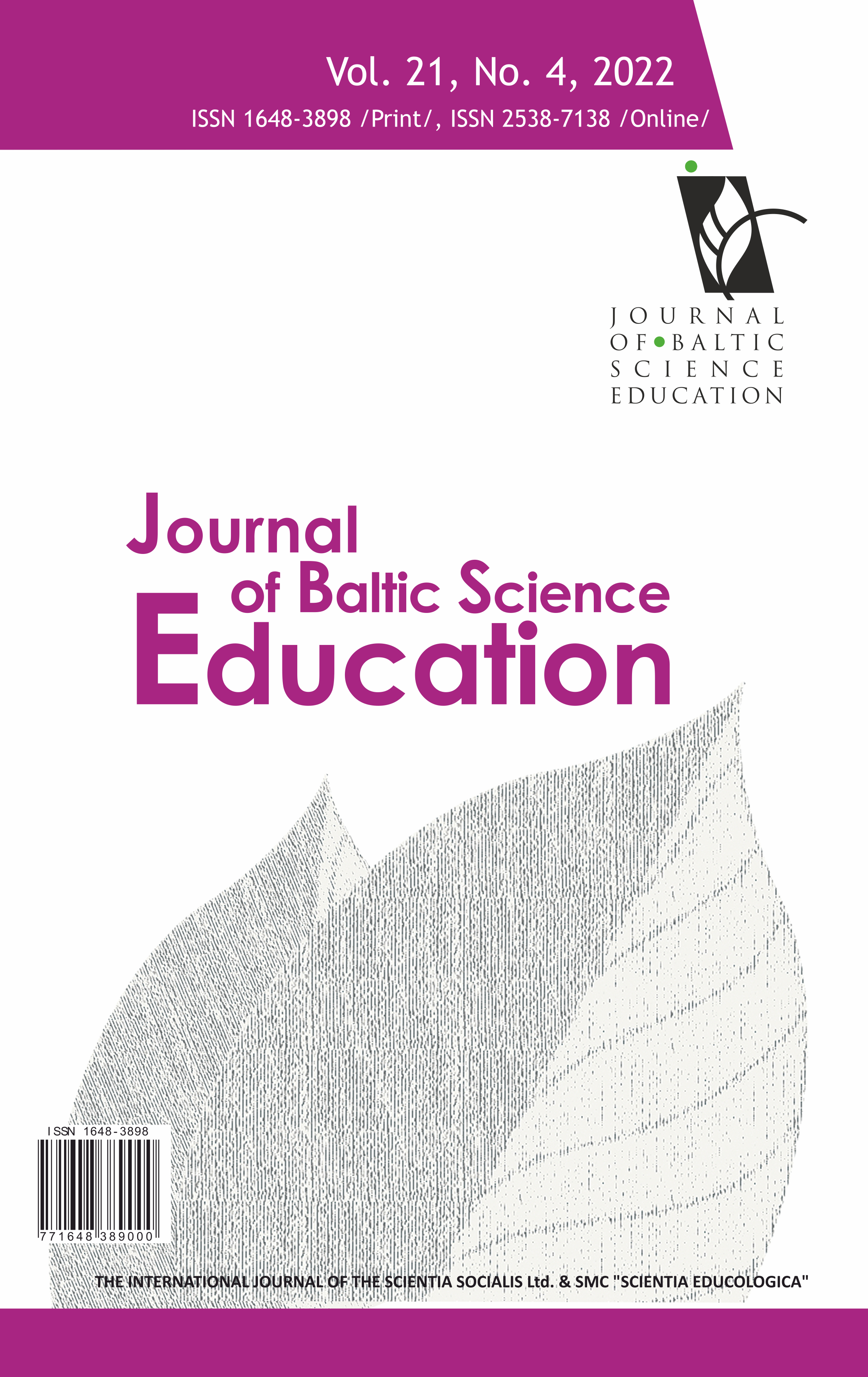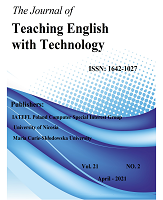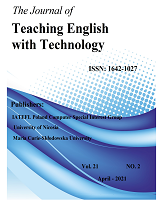Author(s): Gintautė Žibėnienė / Language(s): Lithuanian
Issue: 1/2022
Pedagogical literature pays a lot of attention to feedback, discussing different types of feedback, analyzing what constitutes good feedback, and looking for advanced feedback practices. Feedback helps learners understand learning goals and anticipate areas for improvement, and student feedback has a direct impact on a teacher’s professional development, which obliges educators to make appropriate choices about activities and questions that provide information about the effectiveness of their teaching. In the study process, feedback provides opportunities for the student to find out what needs to be improved, the student receives useful information about what and how they understood, what they did not understand and why, what mistakes they made, how to do better, and learns recommendations for their more successful studies. M. Hast (2021) notes that, especially in distance learning, in hybrid teaching, and in the COVID-19 situation, it is especially important to think about organizing feedback, to find out what kind of feedback would be appropriate, and to consider how to involve students in organizing distance feedback and study (Higher Education in COVID-19: Implementing Online Feedback in a Different Way). Thus, it is important for prospective teachers to study the concept of feedback by explaining what good feedback is, as this will allow teachers to organize good feedback and student engagement more effectively.This article raises the following questions: What is the concept of good feedback for future educators in distance learning? What are the characteristics of feedback for future educators? The aim of the article is to reveal the concept of good feedback in distance learning for future teachers. The object of the research is the concept of good feedback for future teachers in distance learning. To this end, a survey was organized in January–March 2021, and an analysis of literature sources and legal acts was applied. The data collection method used was open questions and incomplete sentences. Due to the COVID-19 situation, the investigation was conducted remotely, using an IT tool suitable for anonymous investigation: Google Forms. Criteria selection was applied according to the following criteria: a prospective teacher who has studied pedagogical studies for at least half a year (semester), and has studied at least one semester at a distance.Qualitative content analysis was used to analyse the data, which allowed conclusions to be drawn based on the analysed text. This method of analysis was based on systematic analytical steps: multiple readings of records, systematic interpretation of distinguished categories and subcategories, and their justification based on the evidence from the transcribed texts – confirmatory statements. According to the qualitative research methodology, confirmatory statements are extracts from answers provided by the participants which cannot be changed by the researcher; therefore, they are quoted exactly as given by the participants. The initial interview data was handled in such a way as to ensure that it was impossible to identify the persons involved in the study. The answers of the future educators were coded, and each person was assigned the letter S and a number according to the order of analysis, e.g. S1.The research was organized and data analysis was carried out and presented based on the principles of qualitative research ethics: ensuring respect for individual privacy, confidentiality, and anonymity, with goodwill and justice.After making conclusions from literature sources, we can state that any credible feedback: gives positive comments first; is provided immediately after or during the work; confirms what is being done correctly; identifies mistakes and gaps; provides clear recommendations for improvement; is identified in a clear, specific, and reasoned manner; talks about what excited people and what caused this; is about attitude and personal activity, but not about the person; chooses the right type of feedback and how to handle it; empathetically listens, adjusts, and answers; and is cognizant of the feedback’s quality and what affected it (duration and time, volume of feedback, feedback form, feedback participants, voice tone, eye contact, environment and situational circumstances, level of confidentiality, and other circumstances).The features of good feedback in distance learning identified by prospective educators are related to the features of good feedback presented in various literature sources.Conclusions. Qualitative research revealed the features of good feedback in distance learning based on the concept of future teachers, and distinguished two categories: 1) features of good feedback corresponding to those mentioned in the pedagogical scientific and methodological literature; 2) the signs of feedback (in the opinion of future teachers) that are not mentioned in the pedagogical scientific and methodological literature.Analyzing the features of good feedback identified by future educators, the following subcategories have been identified: creating a pleasant, safe, and benevolent environment; having positive effects; helping or encouraging self-assessment; and providing clear feedback. When talking about good feedback, future educators focused on: creating an emotional, benevolent environment during the feedback (benevolent, pleasant); methodological aspects of providing feedback (clear recommendations for improvement, encouraging self-assessment), so that positive comments are given first in the learning process, but without mentioning the appropriate choice of feedback type; comments that are justified and reasoned; feedback that talks about what excited people and what caused this; and feedback that is about attitude and personal activity, but not about the person. This study did not reveal any specific features of good feedback during distance learning. Prospective educators’ emphasis on a good emotional environment during feedback may be related to their own experiences or the peculiarities of a possible COVID-19 situation, where most people were characterized by hypersensitivity and a desire for good emotions. This can be a good experience for future educators when they themselves are the organizers of feedback rather than recipients, as an emotionally good environment is important during feedback.This research revealed that some prospective educators still need to delve into what constitutes good feedback and depart from an egocentric position, because feedback cannot be just compliments and naming good things. Also, the essential purpose of feedback is not to cheer and lift the mood or to expect a quick response at any time of the day.The results of this research allow us to state that a positive environment, clear naming of positive things, motivation, encouragement, and consideration of circumstances and practices that allow the student not to be passive (self-assessment, reflection, etc.) are especially important for organizing good feedback in distance learning.
More...
